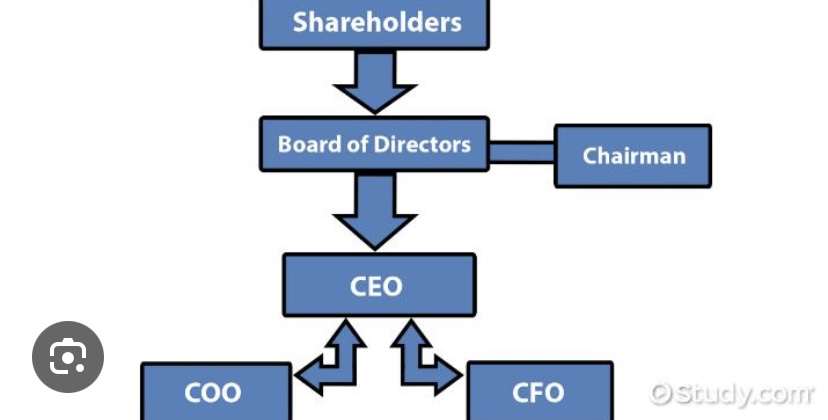
Identifying business opportunities is one of the greatest virtues of a good business person. However, sometimes limited financial resources usually pose a threat to utilizing investment opportunities for both individuals and corporate bodies. Financial leverage is an investment strategy that can be used in trading, private equity and many other business endeavours. For individuals or corporate bodies, financial leverage simply means investing with borrowed funds as a way of amplifying the purchasing power. Put more succinctly, it is founded on the idea of “spending more money to make the most money” and it involves going as far as incurring debt to make an investment that will hopefully yield greater return on investment.
The question that comes to mind therefore, is whether or not financial leveraging is a good investment strategy for individuals or corporate bodies? The answer to this question is both “yes and no”. There is no investment or business endeavour that comes with zero risk. In fact, business people are risk takers and the risk in investments cannot be completely eliminated in any business endeavour. It is true that one cannot be completely certain of the outcome of an investment, but if the fear of the outcomes of taking risks had deterred successful business people and corporate bodies from investing, we would never have had successful businesses but only failed business ideas and business plans.
As individual business persons or corporate bodies, there is the need to understand that the business risk with financial leverage is greater because you are not only risking your personal funds but you are currently borrowing to invest which involves incurring debt. The amount borrowed in most cases is usually higher than the personal capital. For individuals and companies, if there are resulting losses, they end up losing their capital while still being held down in debt.
Just as with every successful business, when profits are made after utilizing financial leverage as an investment strategy, there is the likelihood that such a business person or corporate body will make so much more profits compared to what they could have made if they had not taken the risk. Financial leveraging can be good when properly utilized for an investment and without any unfortunate effect of an uncertainty. It is sometimes the only funding option that may be available to a business person or corporate body looking forward to investing big. However, the results can be devastating in the event of loss.
From the above; one of the major reason to opt in for financial leverage as a business person or a corporate body which also stands out as an advantage is that; with financial leverage one can have access to wider range of opportunities for investments. Individual and corporate bodies are not limited by lack of funds but are only limited by the amount of debt they can incur. However, before utilizing this as an investment strategy, it is very important that proper and sufficient financial assessments are conducted.
Financial leveraging goes farther than choices and ability to take risks in businesses; it rightly involves financial assessments and planning. It is important to point out here that it is proper financial assessment and planning that make investments distinct from gambling.
Finally, while financial leveraging has its pros, there is the possibility that it can result to an individual or corporate body becoming overleveraged. Being overleveraged in this circumstance is a situation where the individual or company has very high unsustainable debt which stalls or impedes the ability to repay principal and interest sums of the debts and to cover operating cost. Put more succinctly, the individual or company in this situation has bitten more than it can possibly chew and if the individual or company literally takes in more debt at this point he or it is most likely going to be choked to death. Unfortunately, when a company becomes overleveraged what they usually do to remain afloat is incur more debts which could result to further financial woes and bankruptcy.




















































